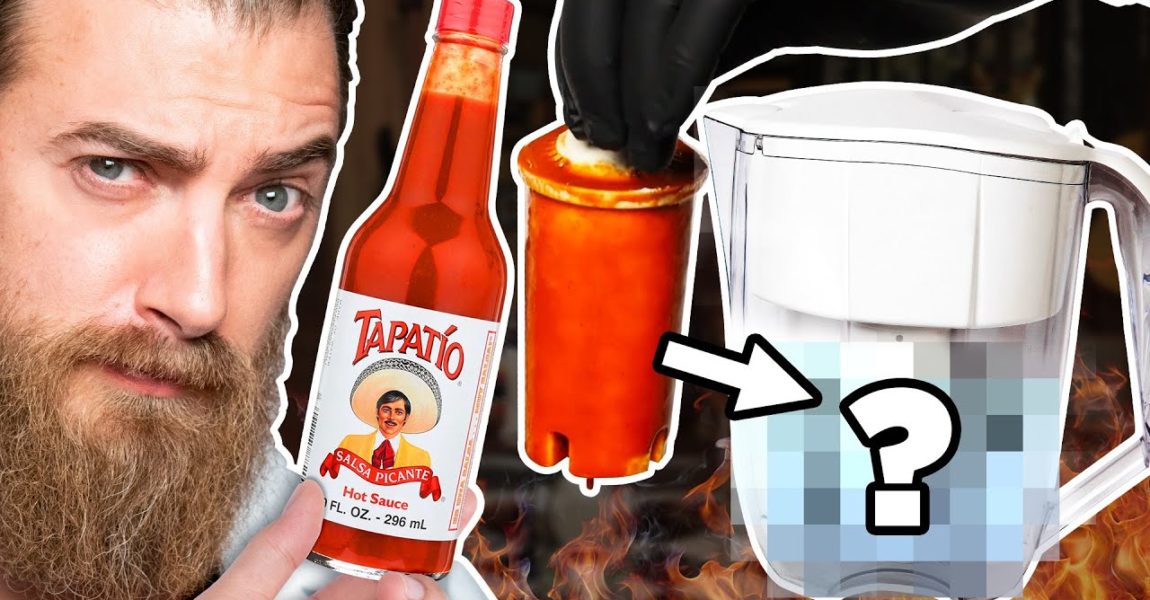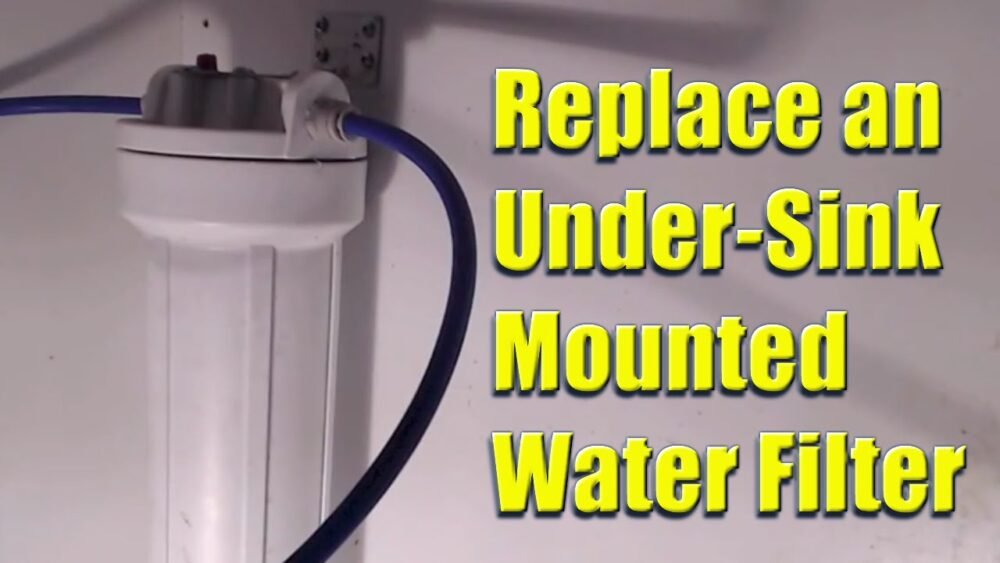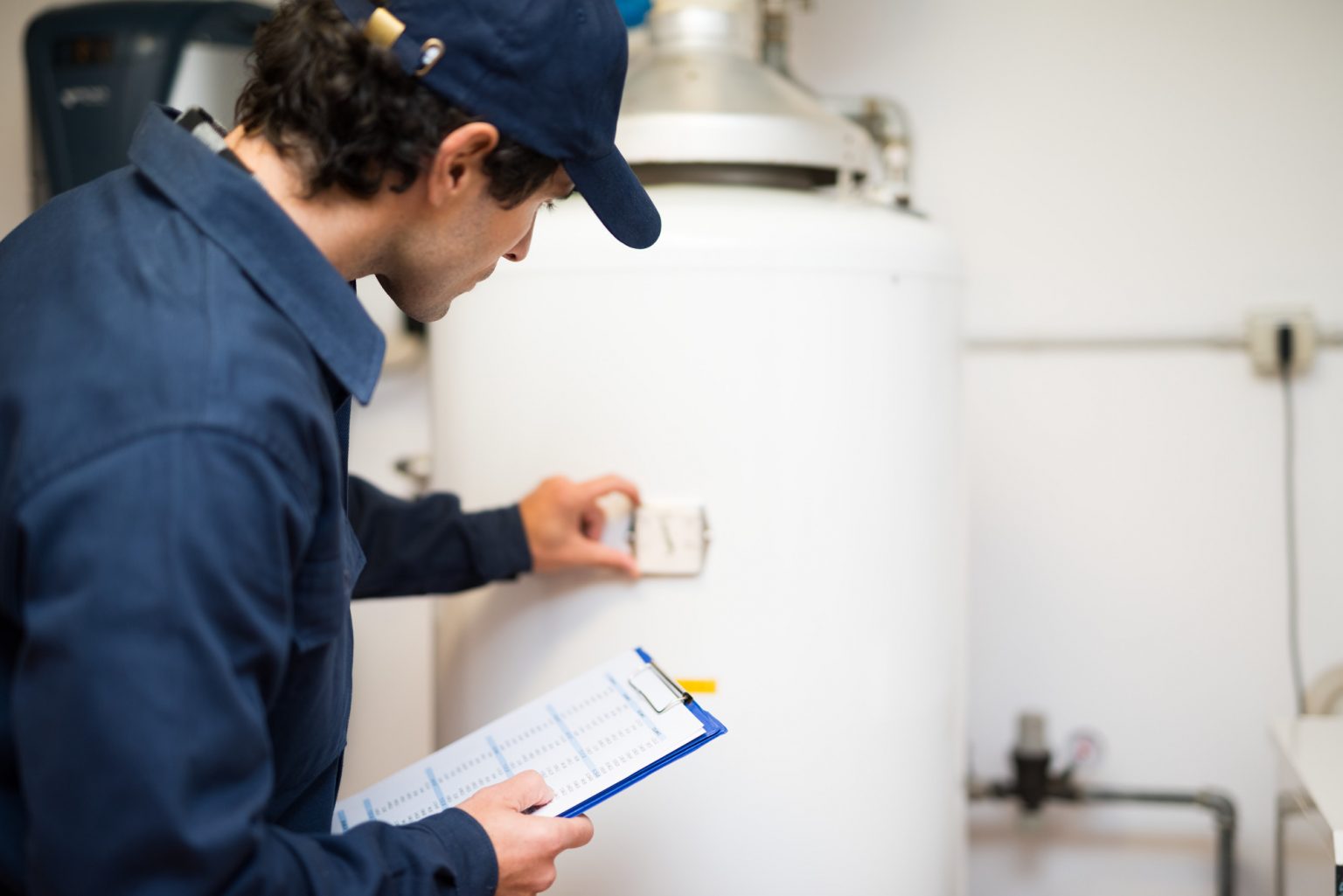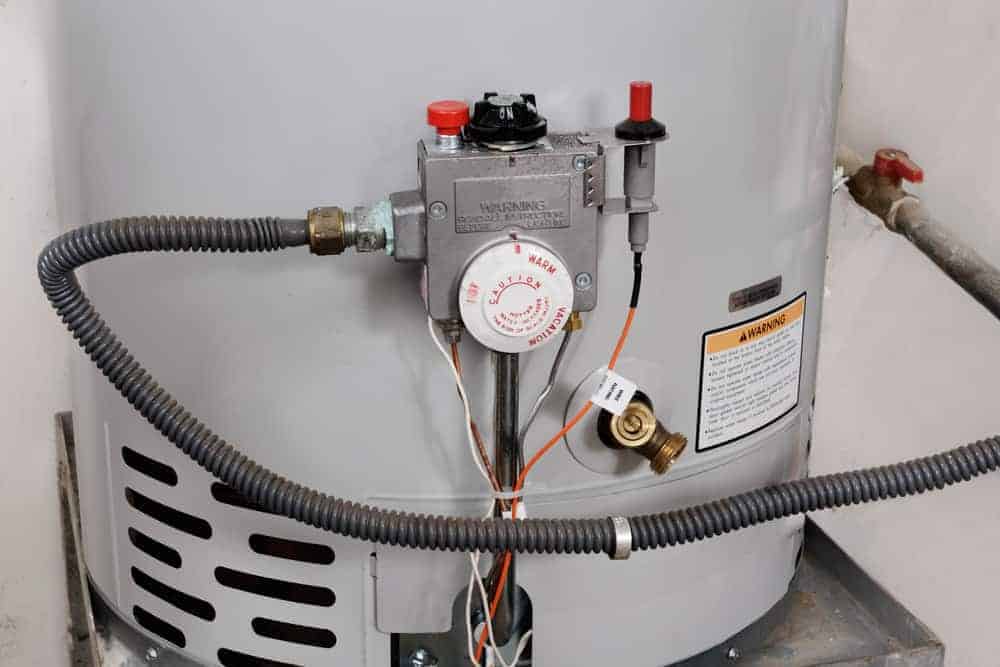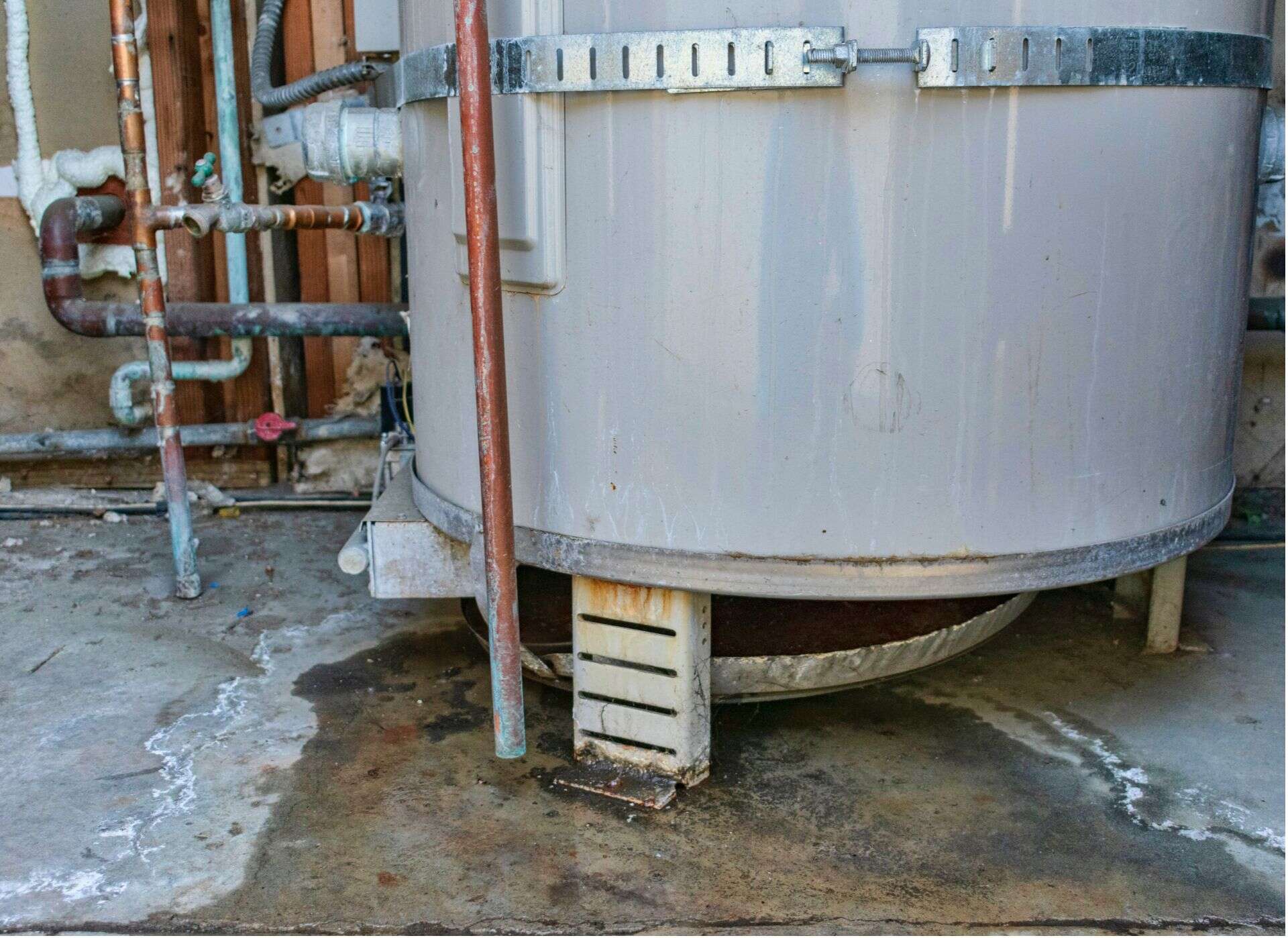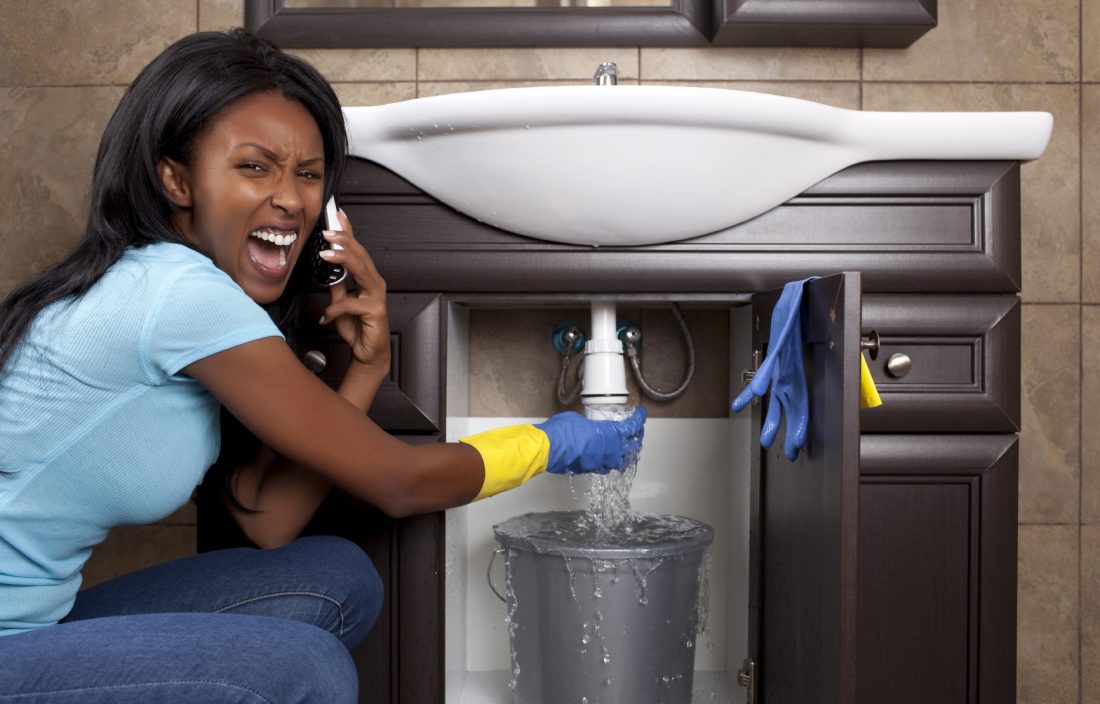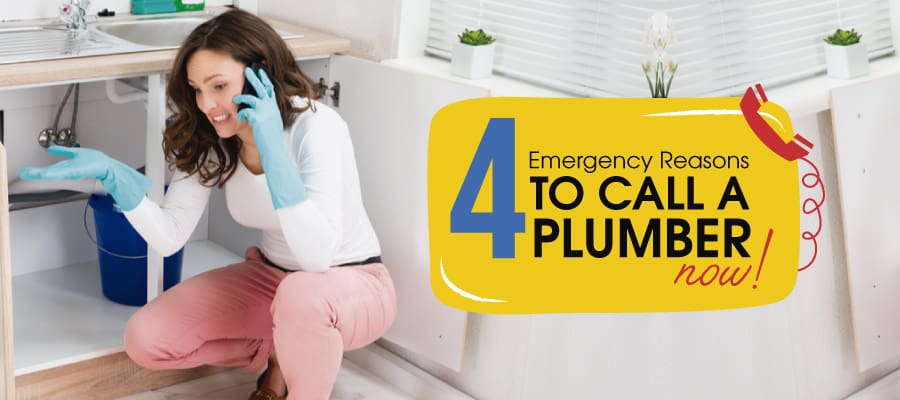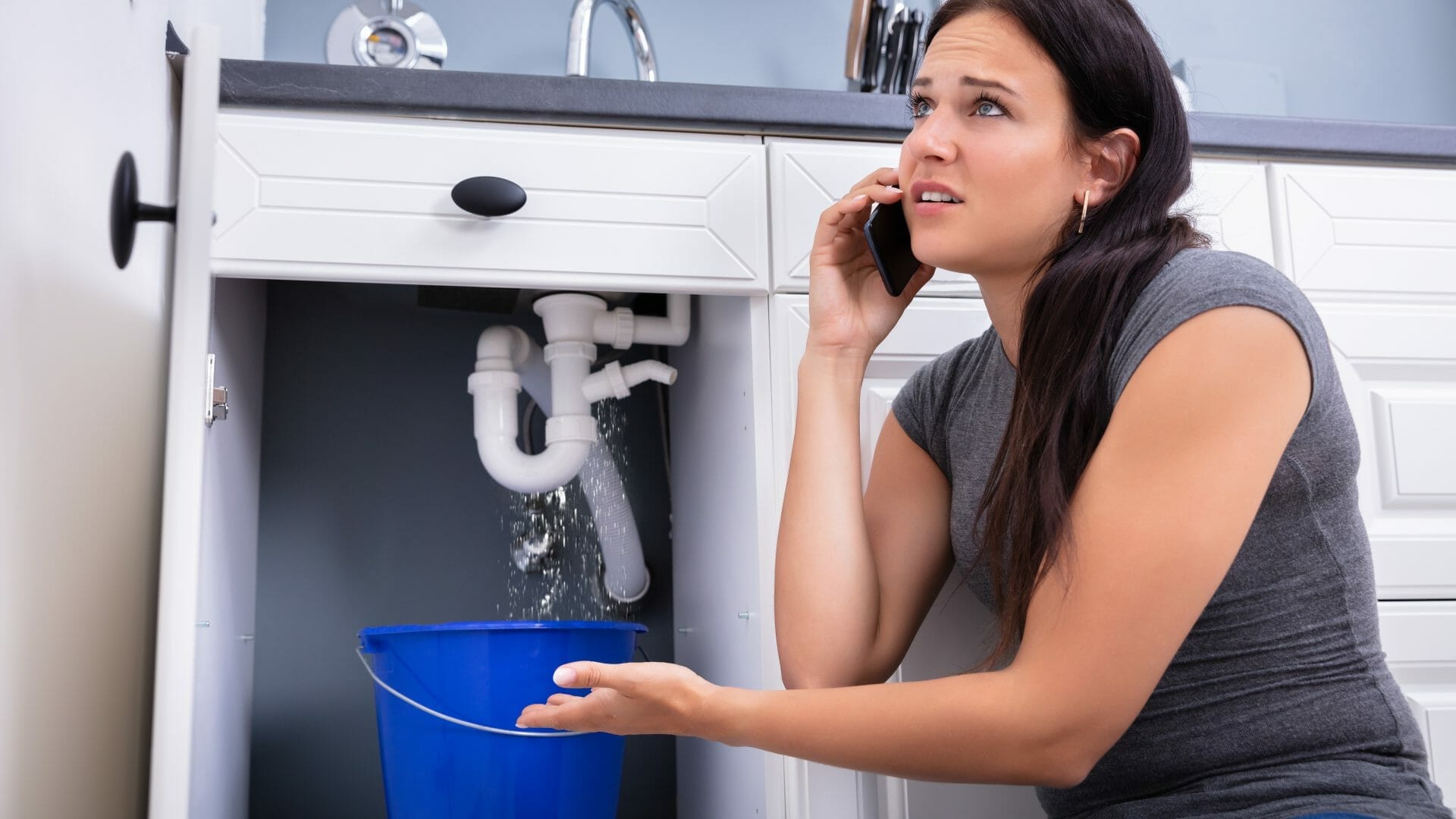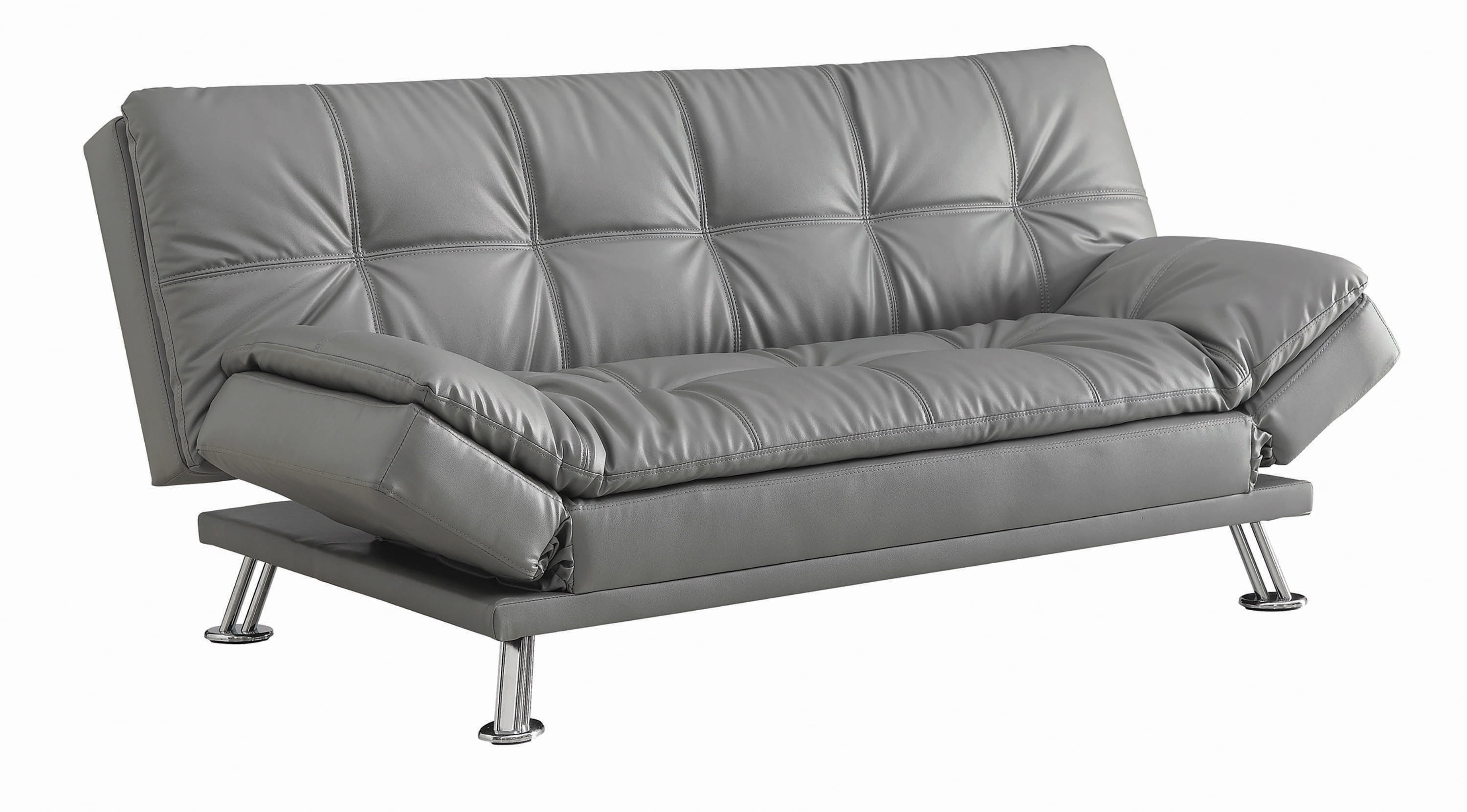If your kitchen sink is not getting any water, the first thing you should check is the water supply. Sometimes, the main water supply to your house may be shut off, causing your sink to stop working. This can happen due to a water main break or scheduled maintenance by your water company. To check if this is the case, simply turn on another faucet in your house to see if there is water coming out. If not, then you know the issue is with the water supply and not your sink. Another reason for a lack of water supply could be a frozen pipe. If you live in a colder climate, it's possible for your pipes to freeze, which can block the water from reaching your kitchen sink. In this case, you may need to call a plumber to thaw out the pipes and get your water running again.Check the water supply
If the water supply seems to be working fine, the next step is to check the water valve under your sink. This valve controls the flow of water to your sink and may have accidentally been turned off. Make sure the valve is fully open and try running the water again. If it's still not working, you may have a faulty valve that needs to be replaced.Check the water valve
The aerator is the small screen at the end of your faucet that helps regulate the flow of water and prevent splashing. Over time, it can become clogged with mineral deposits or debris, which can restrict the water flow. To check if this is the issue, simply unscrew the aerator and clean it out. If the sink still isn't getting water, the problem lies elsewhere.Check the faucet aerator
Low water pressure can also be a reason why your kitchen sink is not getting water. This can be caused by a variety of issues, such as clogged pipes, a faulty pressure regulator, or a water leak. If you notice low water pressure in other areas of your house as well, then the problem lies with your main water line. If it's only affecting your kitchen sink, then there may be a clog or blockage in the pipes specifically for your sink.Check the water pressure
Clogged pipes are a common issue that can prevent water from reaching your kitchen sink. Food scraps, grease, and other debris can build up in the pipes over time, causing a blockage. You can try using a plunger or a plumbing snake to clear out the clog. If this doesn't work, it's best to call a professional plumber to handle the issue.Check the pipes for clogs
If your kitchen sink has a garbage disposal, it's possible that it may be causing the problem. If the disposal is jammed or not working properly, it can prevent water from draining properly. In this case, you may need to reset the disposal or call a plumber to fix any issues with it.Check the garbage disposal
If your kitchen sink is connected to a dishwasher, it's important to check this connection as well. A clogged or faulty dishwasher can affect the water flow to your sink. Make sure the dishwasher is running properly and there are no clogs in the drain hose or the connection between the dishwasher and the sink.Check the dishwasher connection
If your kitchen sink has a water filter, it's possible that it may need to be replaced. Over time, filters can become clogged and affect the water flow to your sink. Check the filter and replace it if necessary to see if that solves the issue.Check the water filter
If your kitchen sink is not getting hot water, the problem may lie with your hot water heater. It's possible that the heater is turned off or malfunctioning, which can affect the hot water flow to your sink. Check the heater and make sure it's working properly before moving on to other potential causes.Check the hot water heater
If none of the above solutions have worked and your kitchen sink is still not getting water, it's time to call a plumber. They will have the necessary tools and expertise to diagnose and fix the issue, whether it's a clog, a faulty valve, or a larger plumbing problem. In conclusion, a kitchen sink not getting water can be a frustrating and inconvenient issue to deal with. However, by following these tips and checking the various components, you can hopefully identify and fix the problem quickly. Remember to regularly maintain your sink and its components to prevent future issues and always call a professional if you're unsure or uncomfortable with handling the problem yourself.Call a plumber
Why Your Kitchen Sink May Not Be Getting Water: Common Causes and Solutions
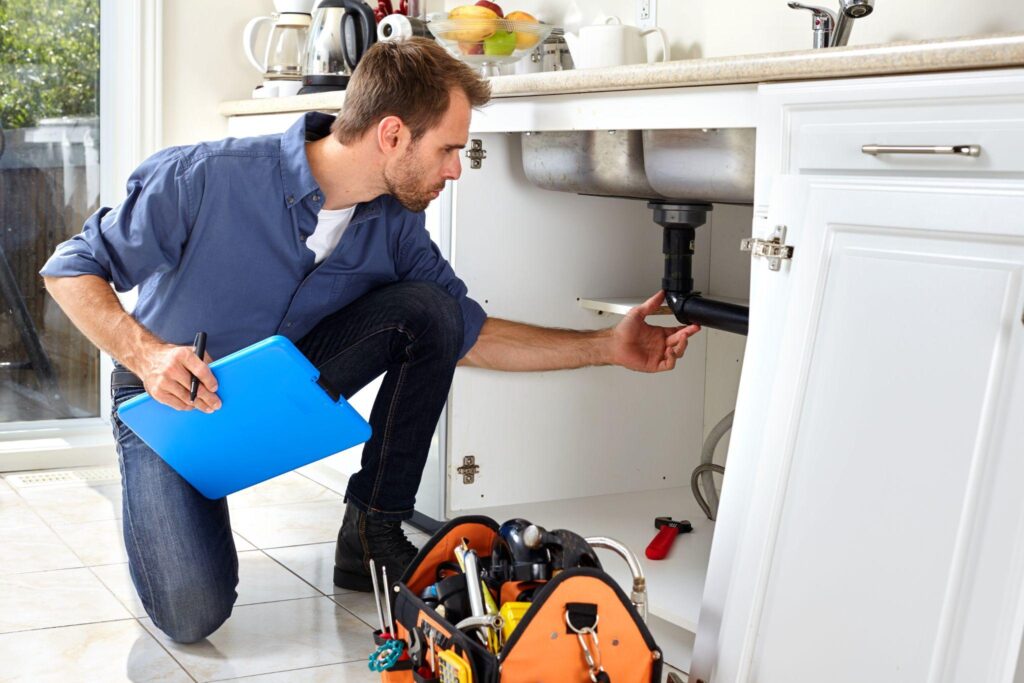
Possible Causes
 If you've turned on the tap and noticed that your kitchen sink isn't getting any water, you're not alone. This is a common problem that many homeowners face, and it can be frustrating and inconvenient. There are several possible causes for a lack of water flow in your kitchen sink, and it's important to identify the root of the issue in order to find a solution.
One of the most common causes of a kitchen sink not getting water is a clogged or blocked pipe. Over time, debris, food particles, and soap scum can build up in your pipes, restricting the flow of water. This can be especially common in older homes with outdated plumbing systems. Another potential cause is a faulty valve or shut-off valve. These valves control the flow of water to your sink, and if they become damaged or malfunction, it can result in a lack of water flow.
If you've turned on the tap and noticed that your kitchen sink isn't getting any water, you're not alone. This is a common problem that many homeowners face, and it can be frustrating and inconvenient. There are several possible causes for a lack of water flow in your kitchen sink, and it's important to identify the root of the issue in order to find a solution.
One of the most common causes of a kitchen sink not getting water is a clogged or blocked pipe. Over time, debris, food particles, and soap scum can build up in your pipes, restricting the flow of water. This can be especially common in older homes with outdated plumbing systems. Another potential cause is a faulty valve or shut-off valve. These valves control the flow of water to your sink, and if they become damaged or malfunction, it can result in a lack of water flow.
Solutions
 Fortunately, there are several solutions to address a kitchen sink not getting water. If you suspect a clogged pipe, you can try using a plunger or a plumbing snake to remove any blockages. Alternatively, you may need to call a professional plumber to clean out your pipes and restore proper water flow.
If the issue is a faulty valve, it may need to be replaced. This is a more complex task that should be left to a professional plumber. They can also check for any other potential issues and ensure that your plumbing system is functioning properly.
Another common solution is to check the water supply to your sink. If the water supply has been shut off or there is an issue with the main water line, it can result in a lack of water flow to your sink. Make sure to check all the shut-off valves in your home and contact your water provider if necessary.
Fortunately, there are several solutions to address a kitchen sink not getting water. If you suspect a clogged pipe, you can try using a plunger or a plumbing snake to remove any blockages. Alternatively, you may need to call a professional plumber to clean out your pipes and restore proper water flow.
If the issue is a faulty valve, it may need to be replaced. This is a more complex task that should be left to a professional plumber. They can also check for any other potential issues and ensure that your plumbing system is functioning properly.
Another common solution is to check the water supply to your sink. If the water supply has been shut off or there is an issue with the main water line, it can result in a lack of water flow to your sink. Make sure to check all the shut-off valves in your home and contact your water provider if necessary.
Incorporating Design into the Solution
 In addition to addressing the root cause of the problem, you can also incorporate design elements to prevent future issues with your kitchen sink. For example, installing a garbage disposal can help prevent food particles from clogging your pipes. You can also invest in a water filtration system to remove any impurities and debris from your water supply, reducing the risk of clogs and damage to your plumbing system.
In conclusion, a kitchen sink not getting water can be a frustrating problem, but it's important to address it promptly and accurately to prevent further damage to your plumbing system. By identifying the cause and implementing a solution, as well as incorporating design elements, you can ensure that your kitchen sink remains functional and efficient. If you're unsure of the cause or unable to fix the issue yourself, don't hesitate to contact a professional plumber for assistance.
In addition to addressing the root cause of the problem, you can also incorporate design elements to prevent future issues with your kitchen sink. For example, installing a garbage disposal can help prevent food particles from clogging your pipes. You can also invest in a water filtration system to remove any impurities and debris from your water supply, reducing the risk of clogs and damage to your plumbing system.
In conclusion, a kitchen sink not getting water can be a frustrating problem, but it's important to address it promptly and accurately to prevent further damage to your plumbing system. By identifying the cause and implementing a solution, as well as incorporating design elements, you can ensure that your kitchen sink remains functional and efficient. If you're unsure of the cause or unable to fix the issue yourself, don't hesitate to contact a professional plumber for assistance.
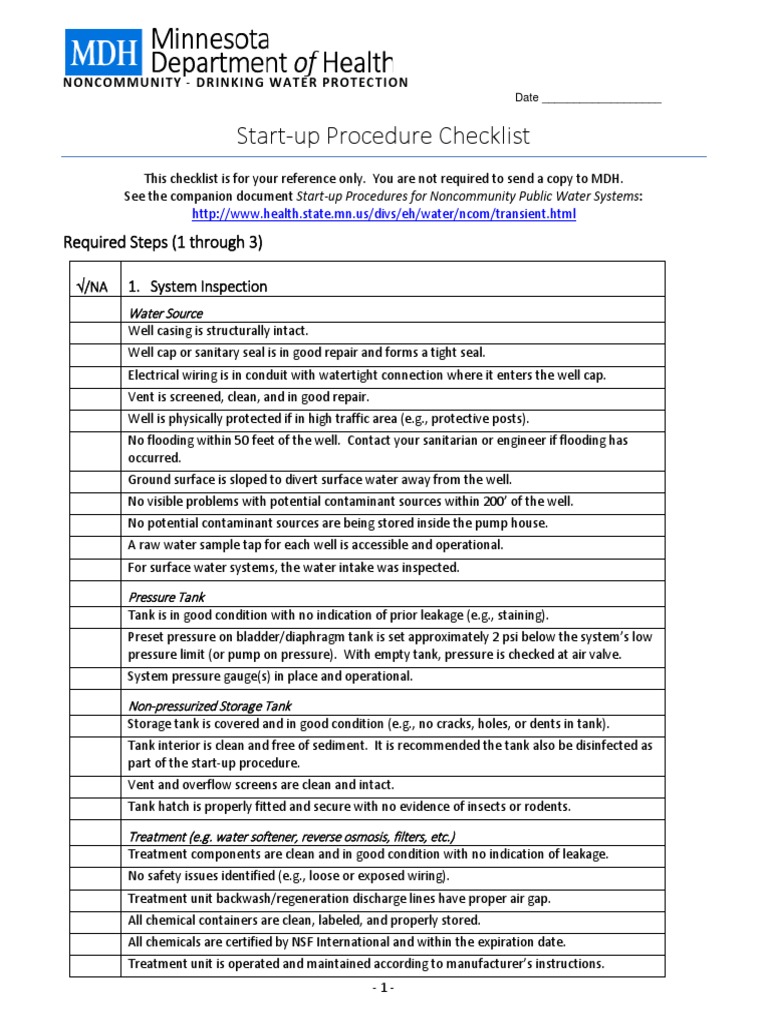

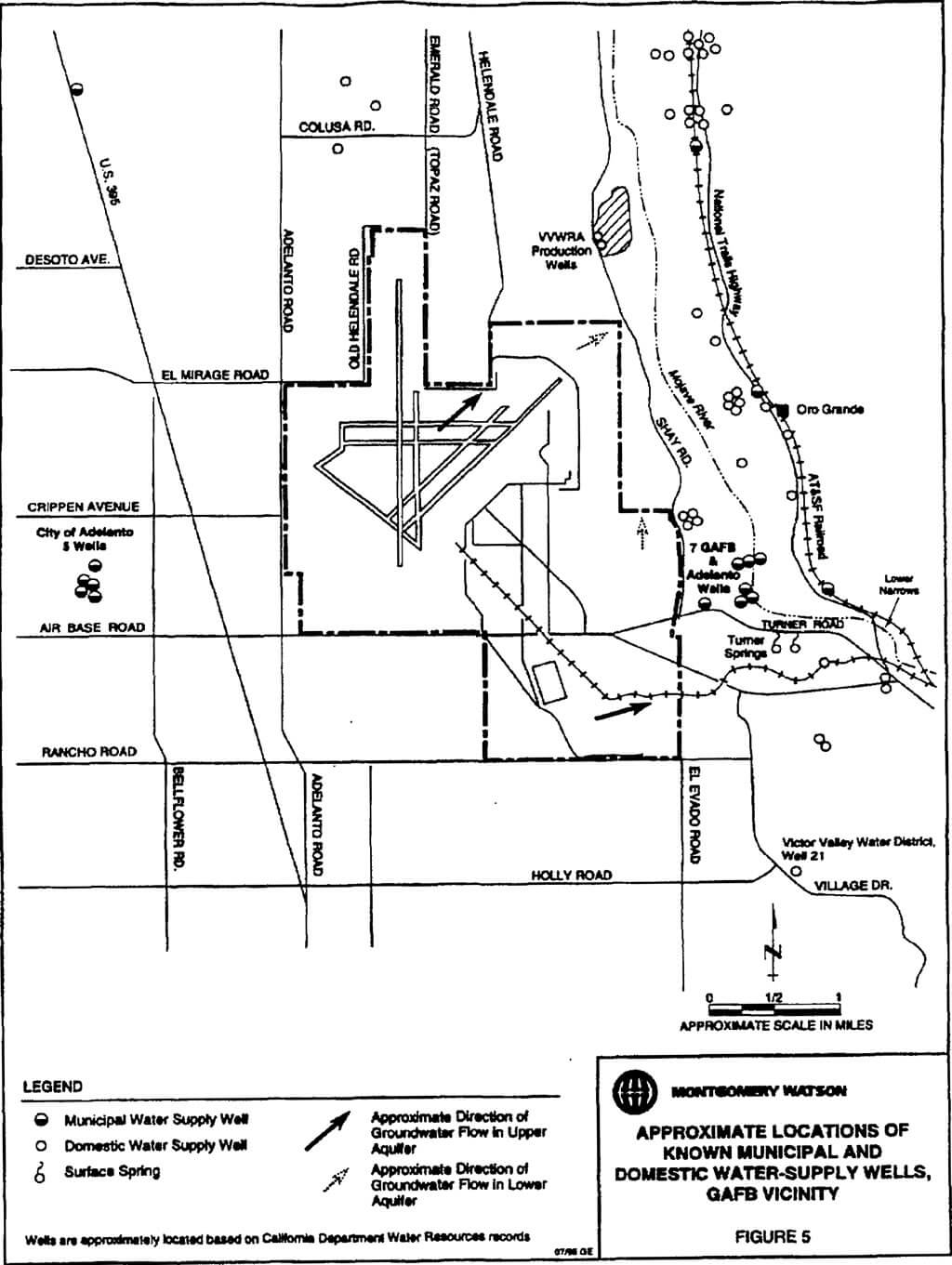
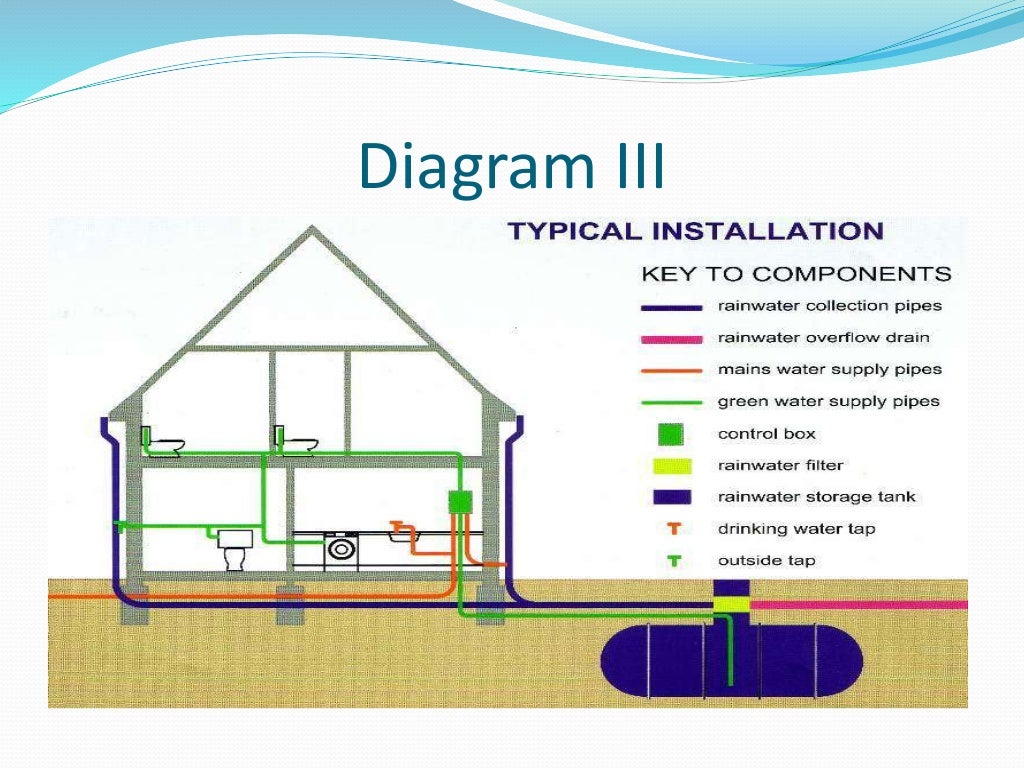




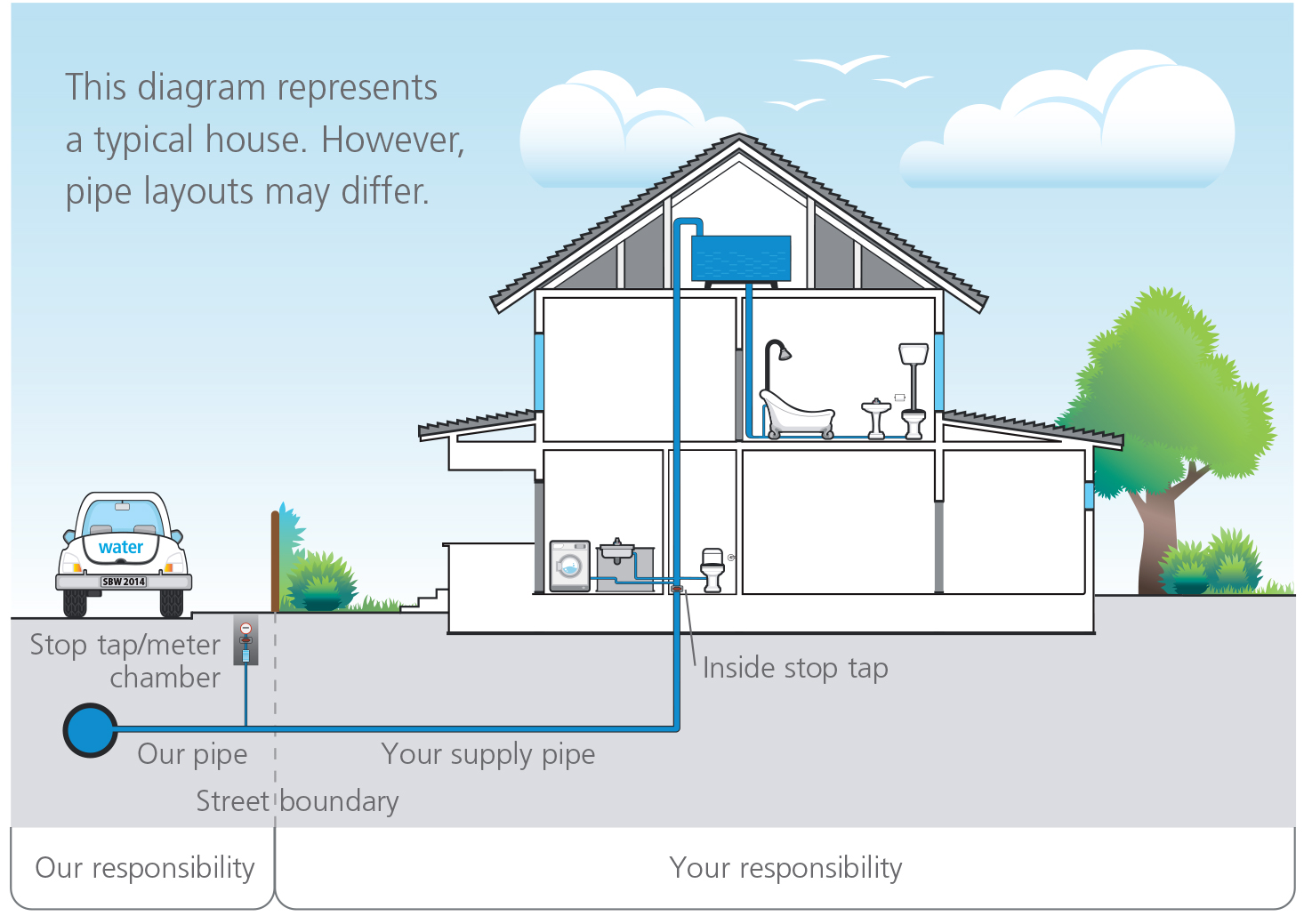

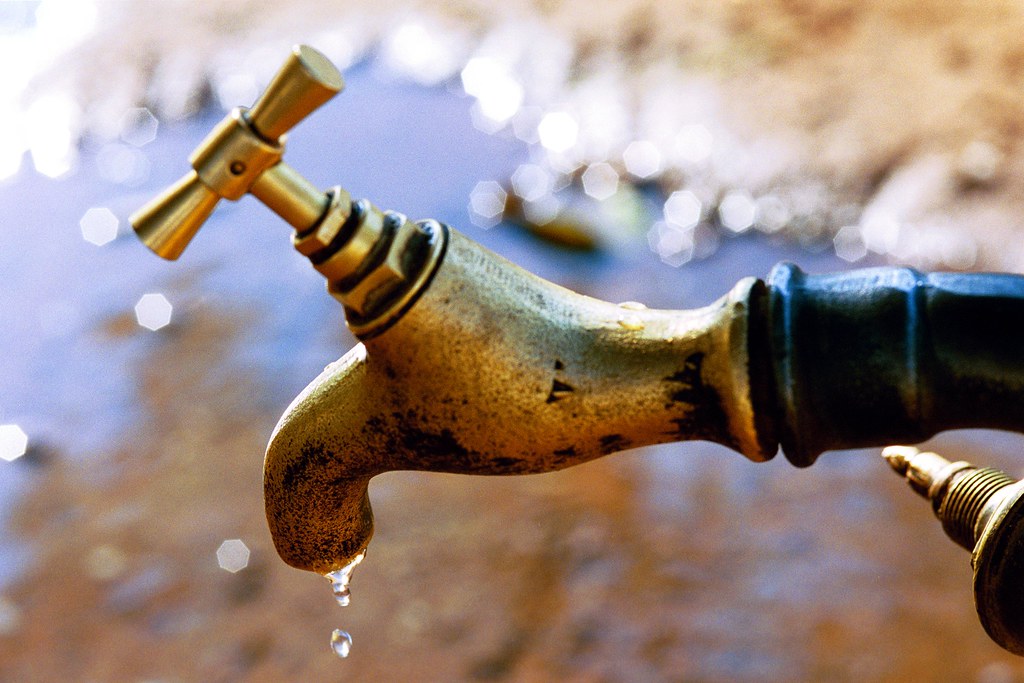







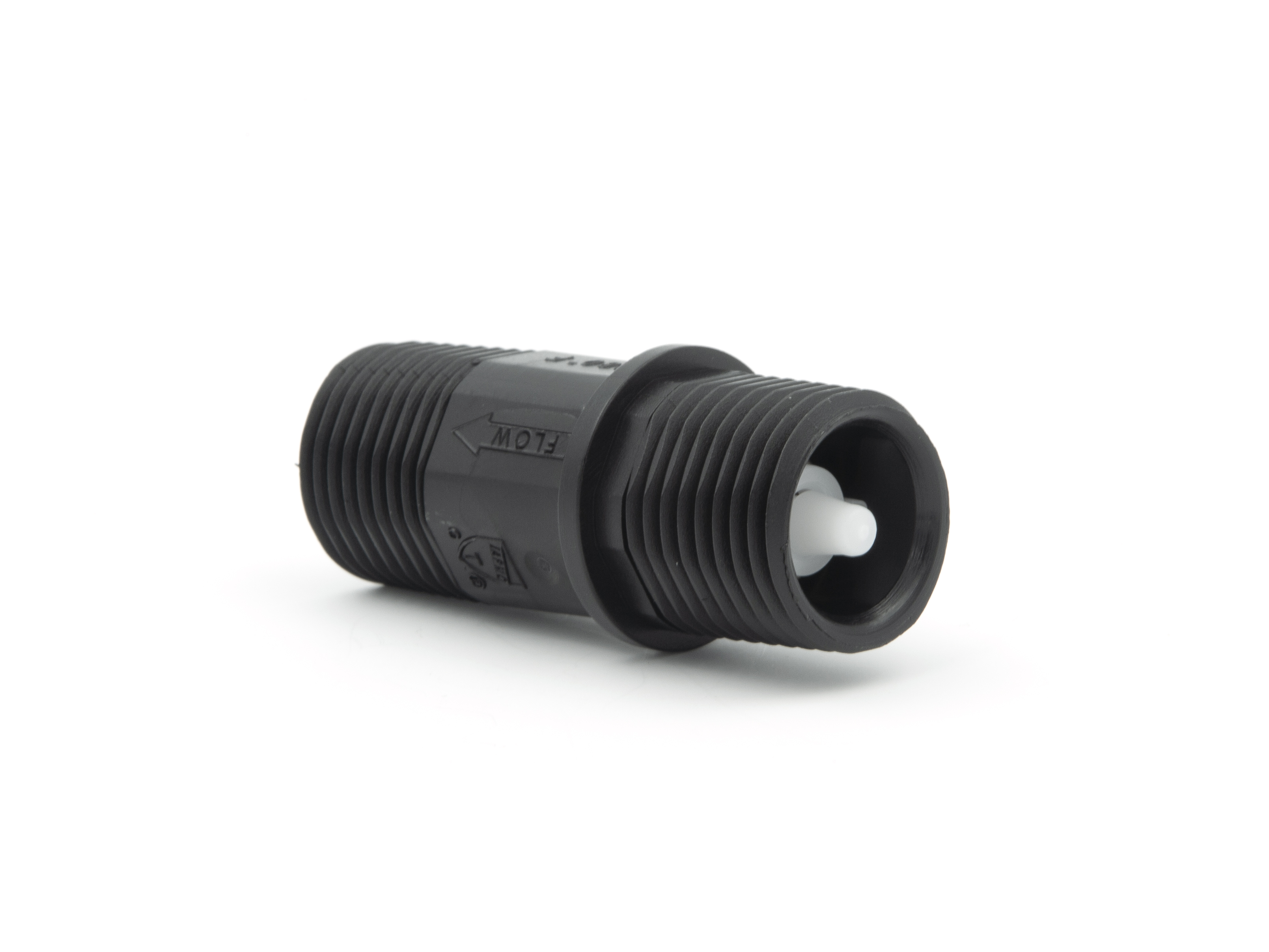
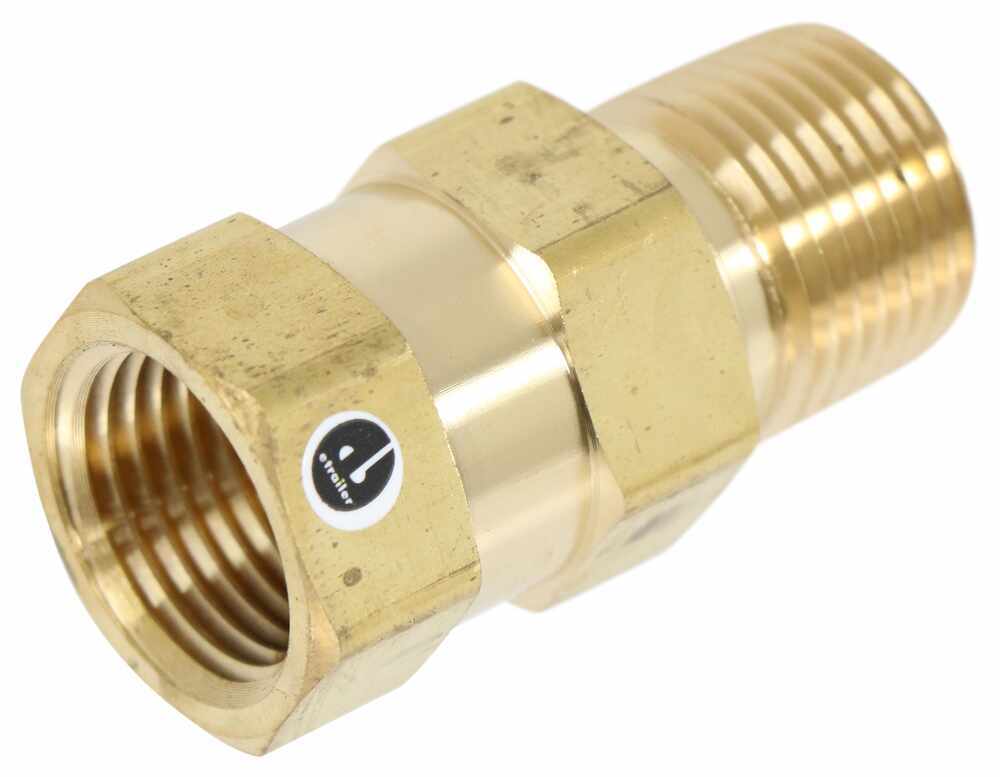
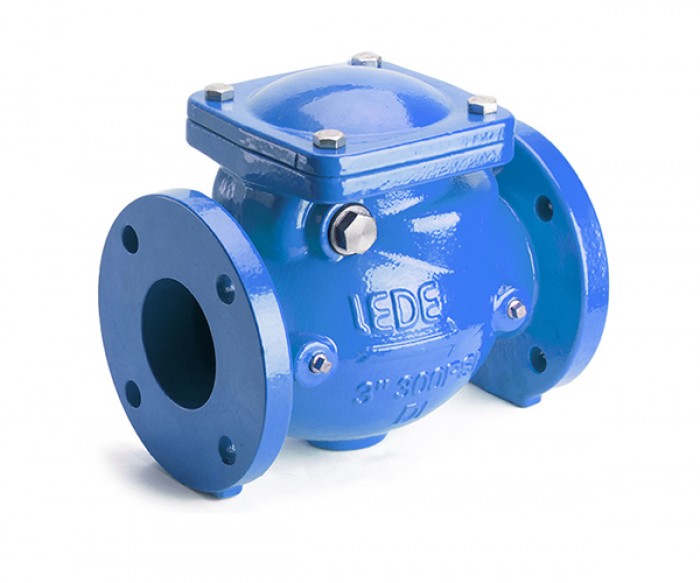
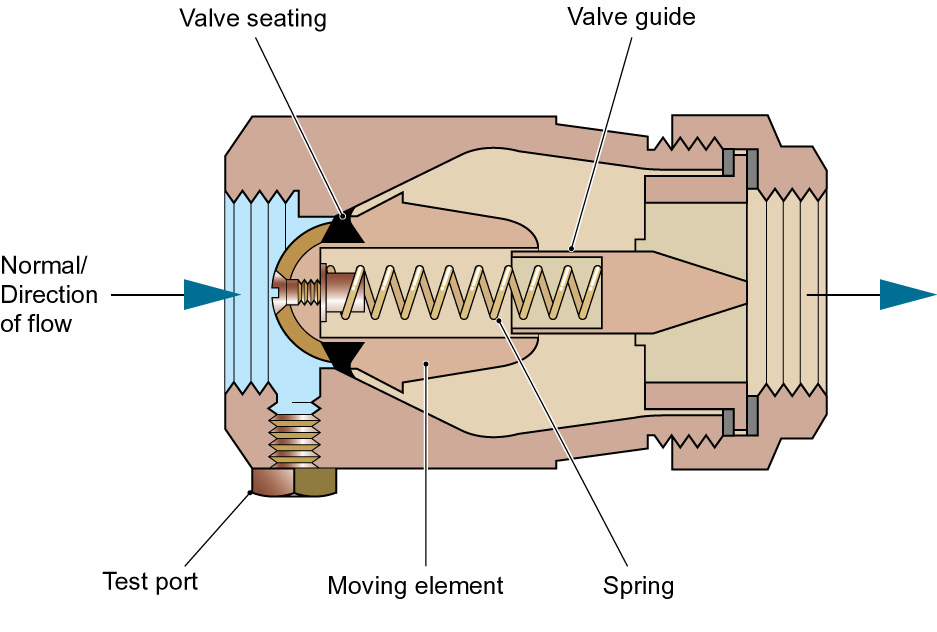
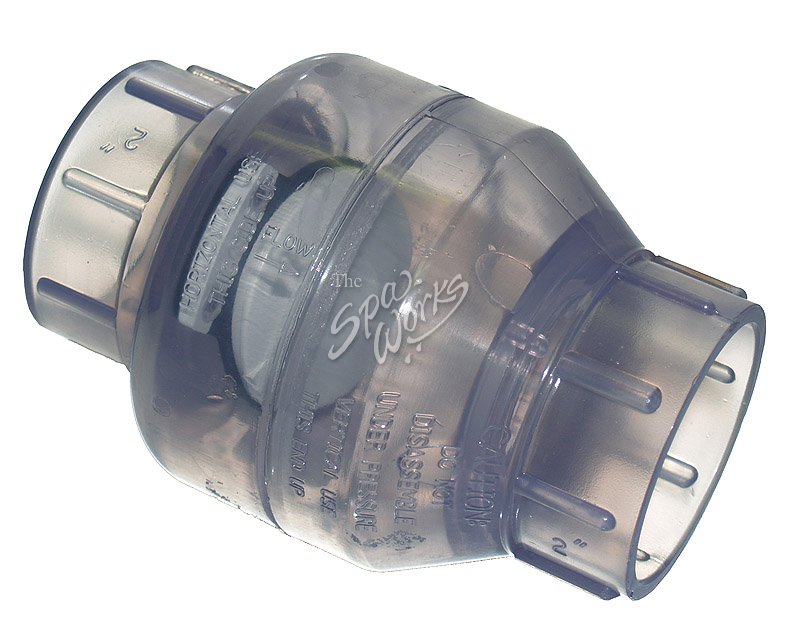

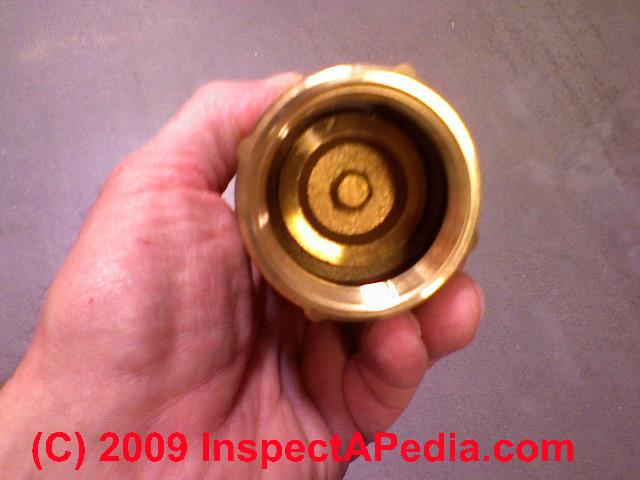
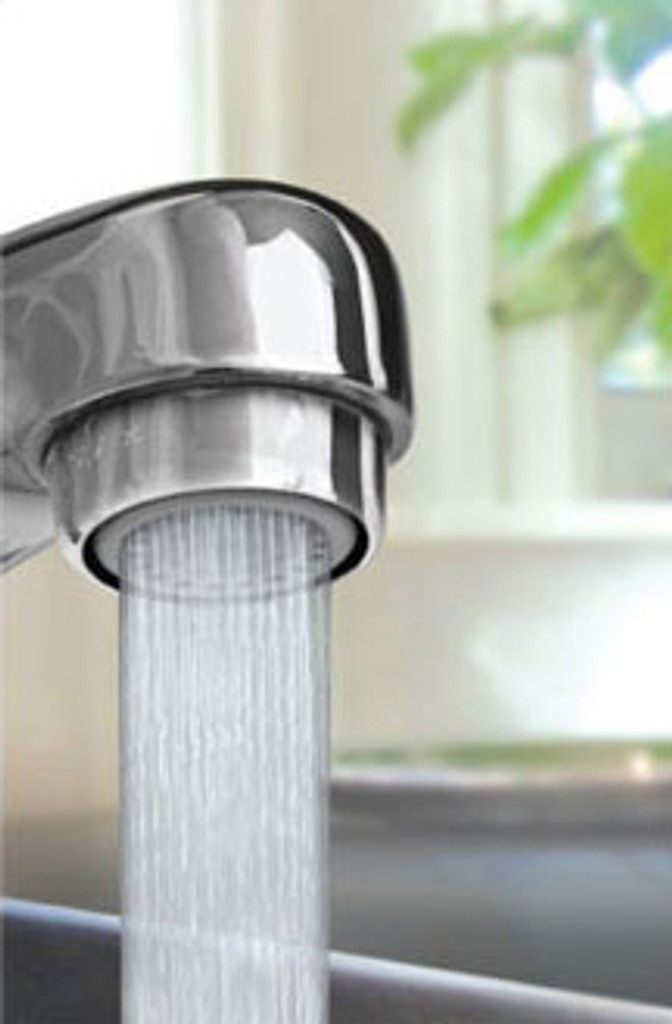
:max_bytes(150000):strip_icc()/ac3-56a73c5a5f9b58b7d0e81836.jpg)
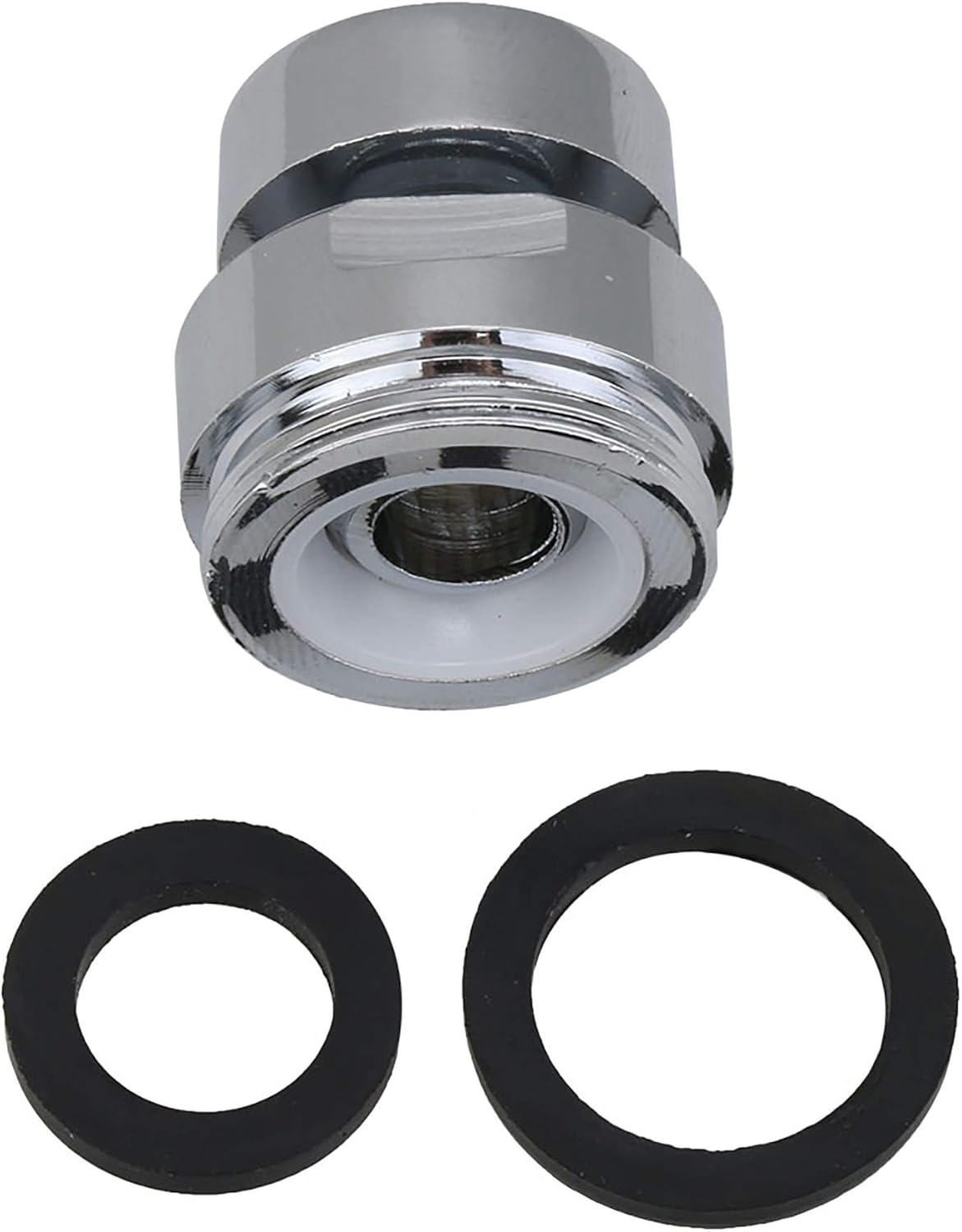
/fixing-a-tap-459986221-5afc675431283400371f7872.jpg)



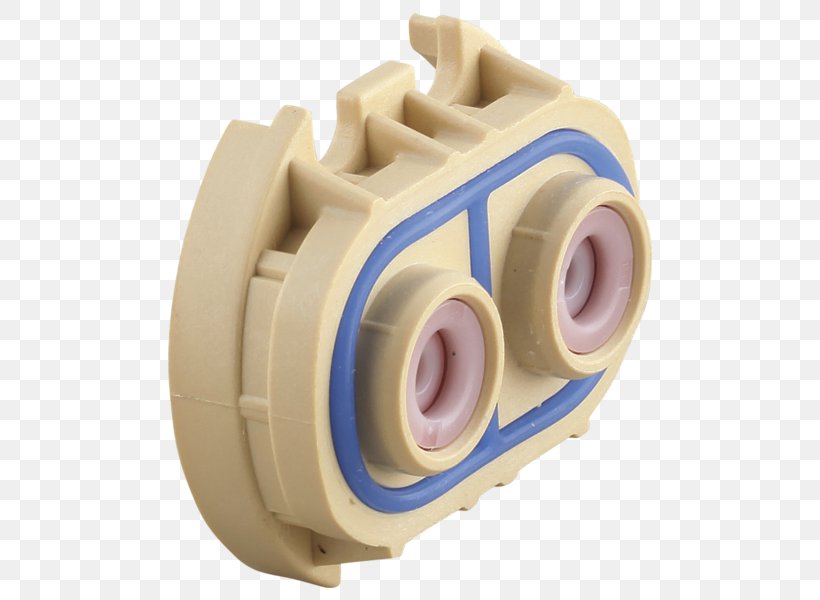
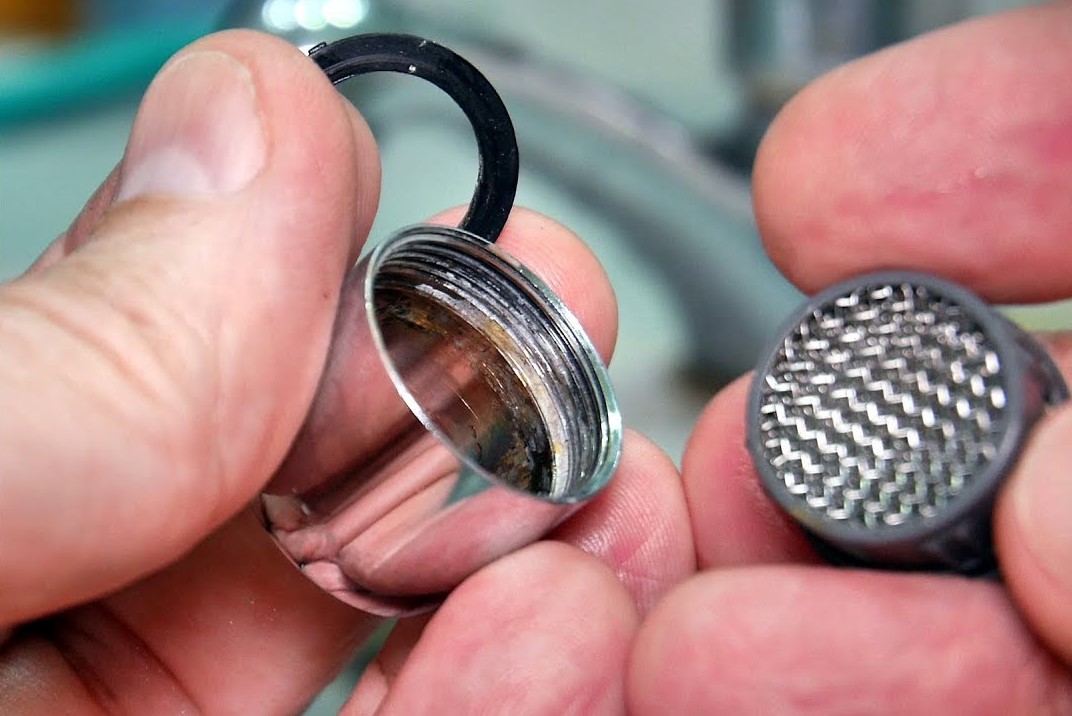

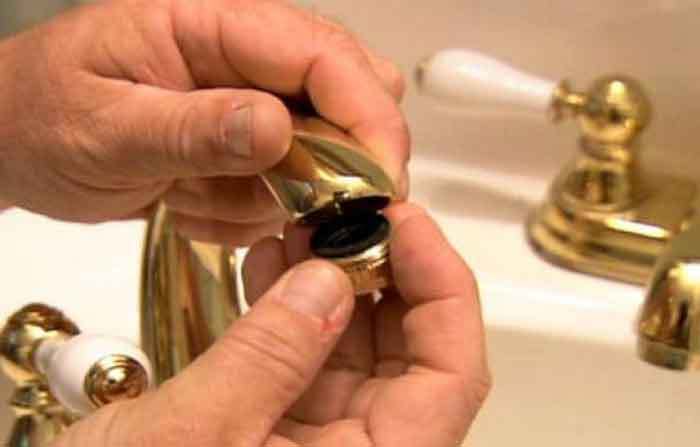



/93097679-56a73c295f9b58b7d0e81657.jpg)
/testing-water-pressure-in-your-home-2718692-hero-98f45508ca5d44b6b551034ac5cedab5.jpg)
:max_bytes(150000):strip_icc()/testing-water-pressure-in-your-home-2718692-04-c37ab3236d0d4b61b87079ebf9ef823e-c1e1ef0104fb44778a287bd9bb5ec140.jpeg)
:max_bytes(150000):strip_icc()/the-men-s-hand-opens-the-ball-valve-on-the-collector-1006810456-5c5fc73fc9e77c000159c4af.jpg)

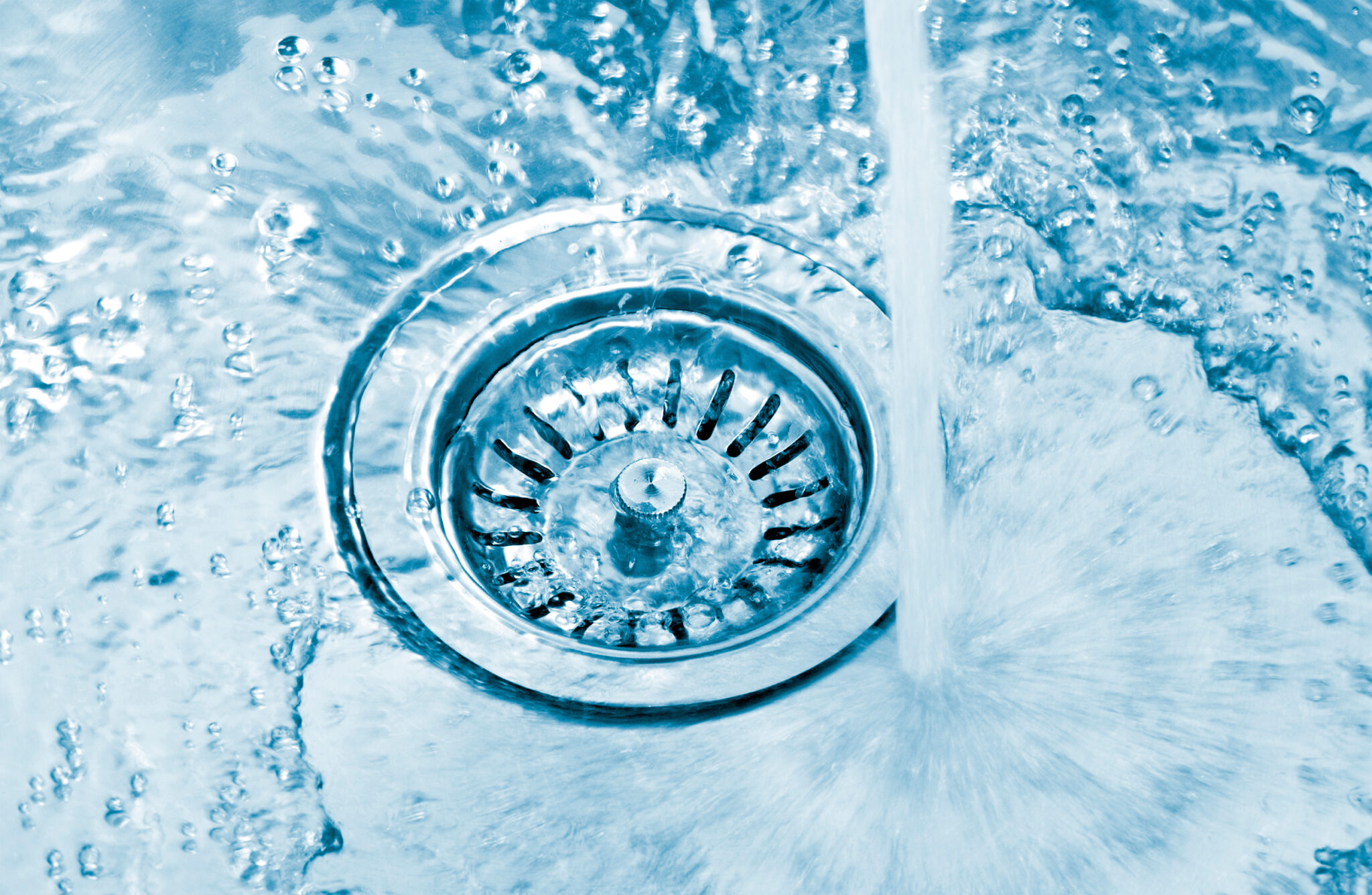
/JodiJacobson-waterpressure-5b9bf850c9e77c0050a2d8aa.jpg)

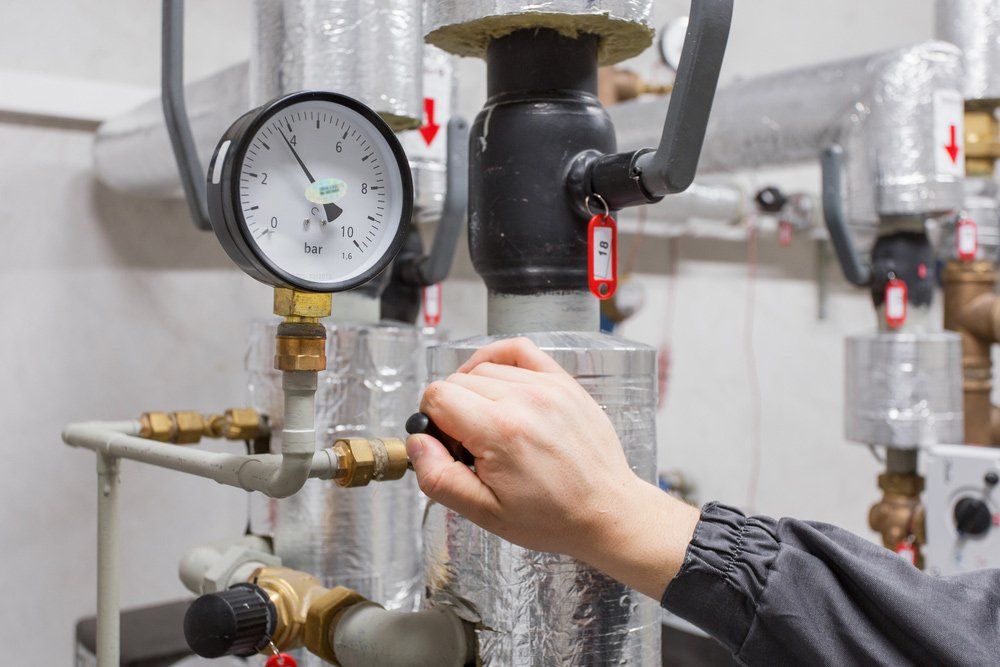






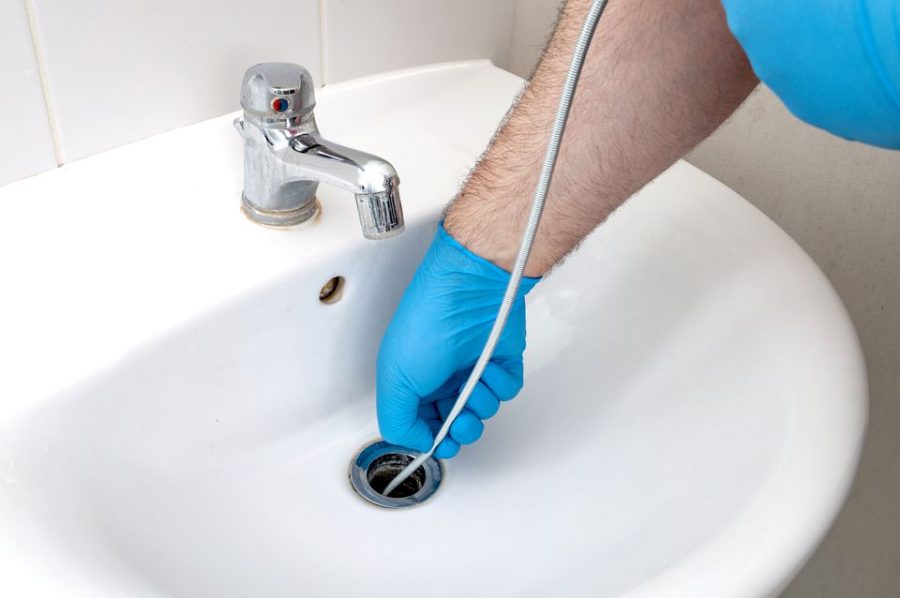

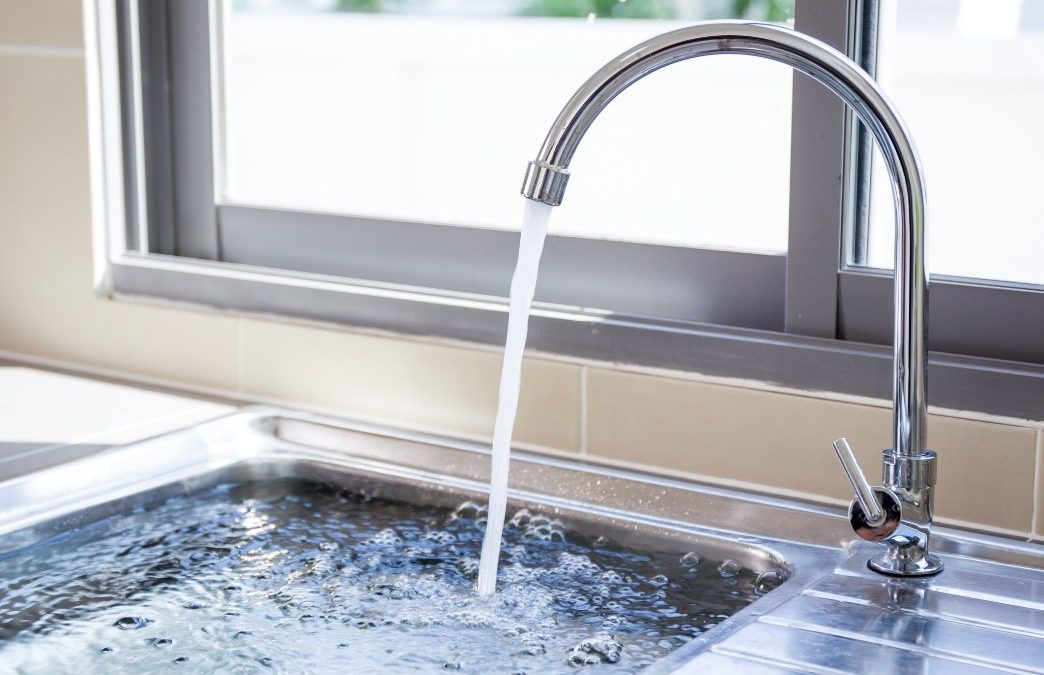






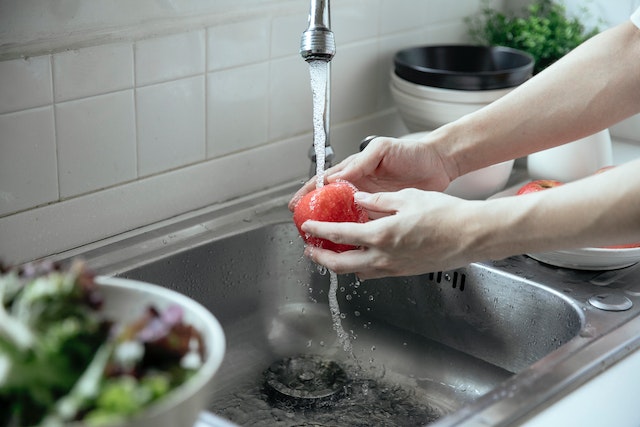

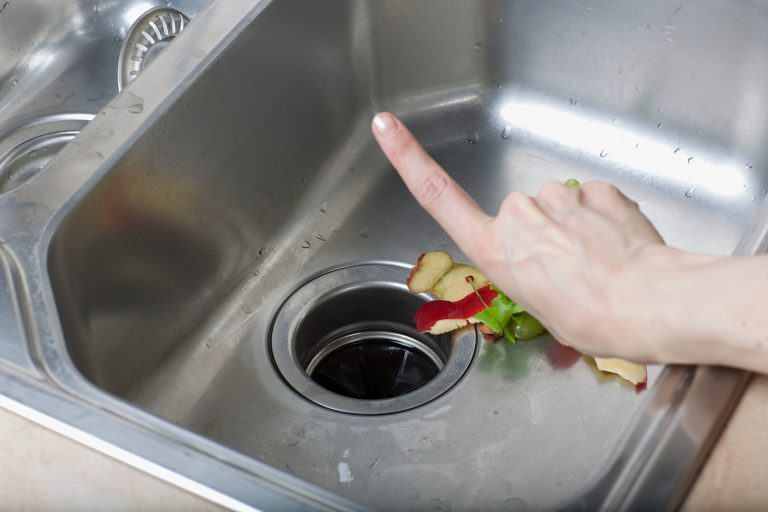






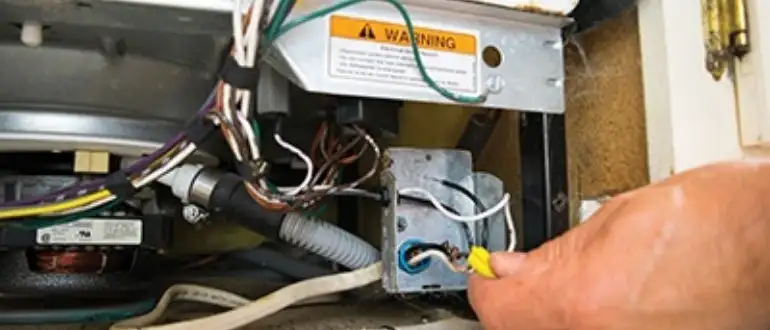

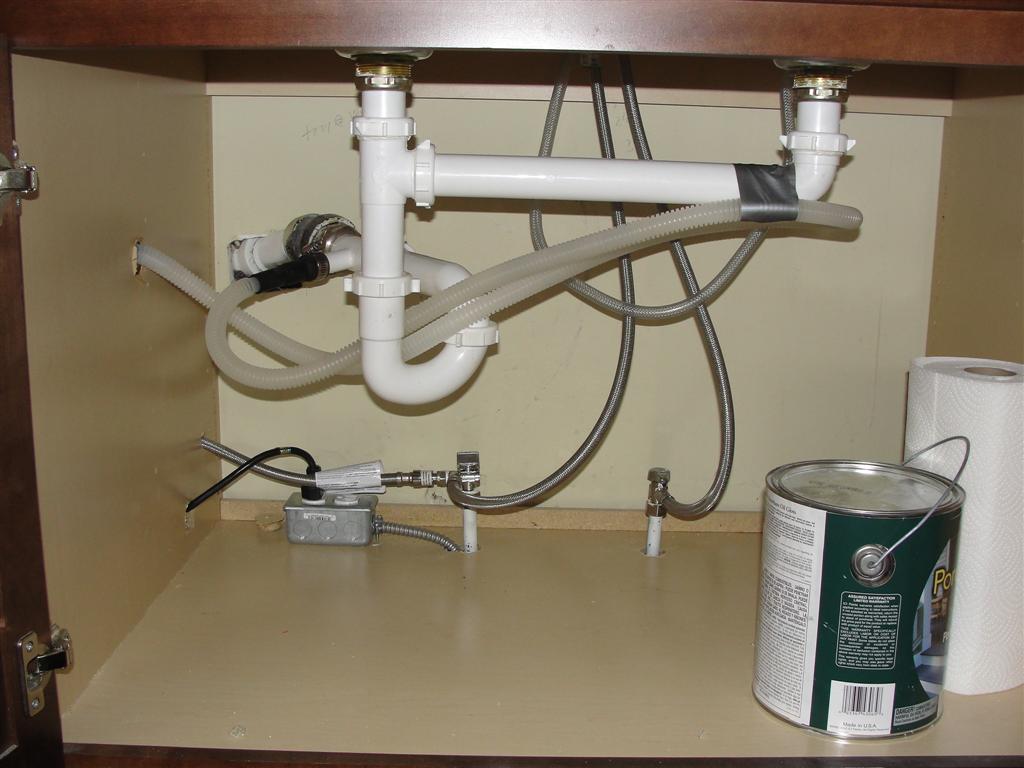





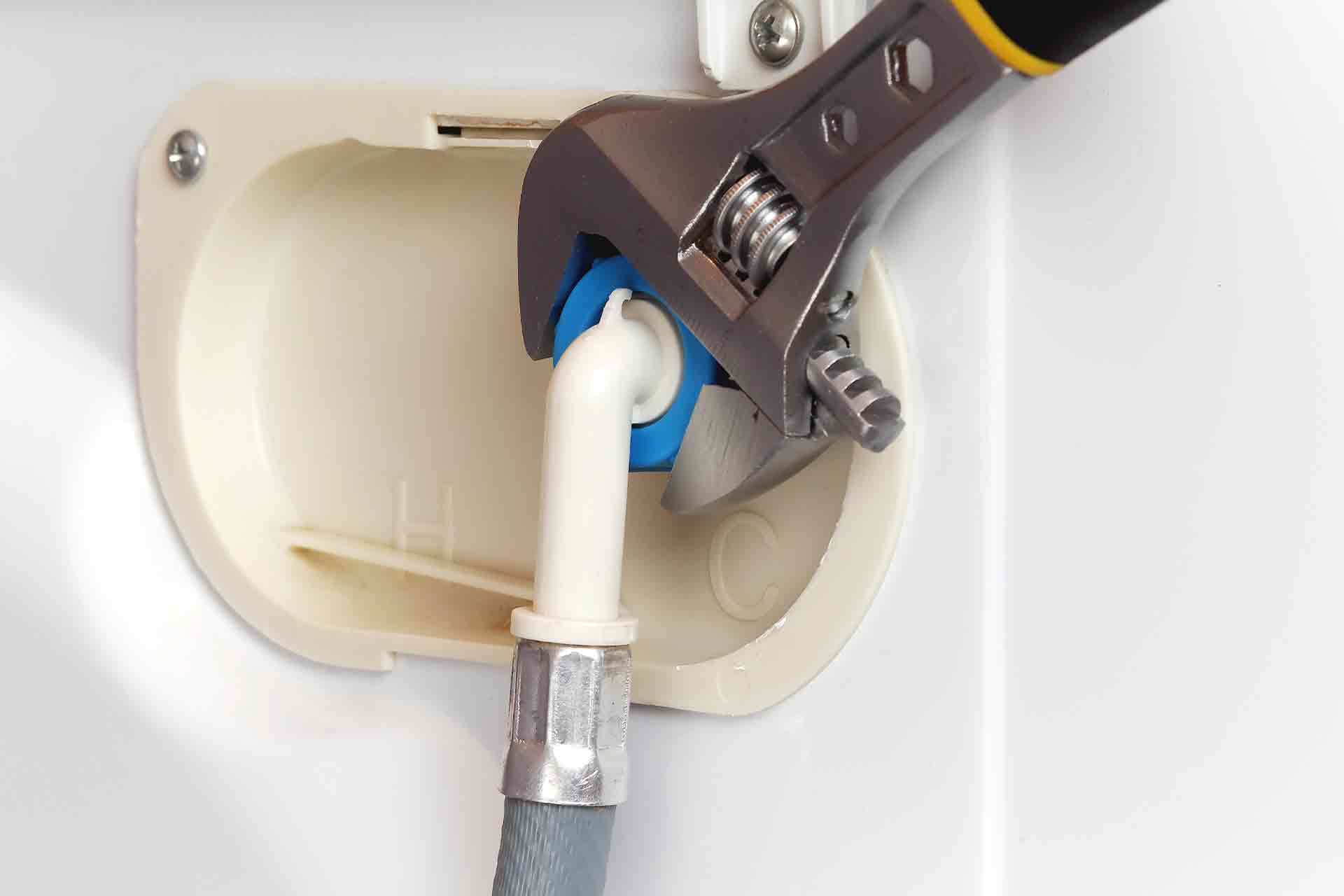







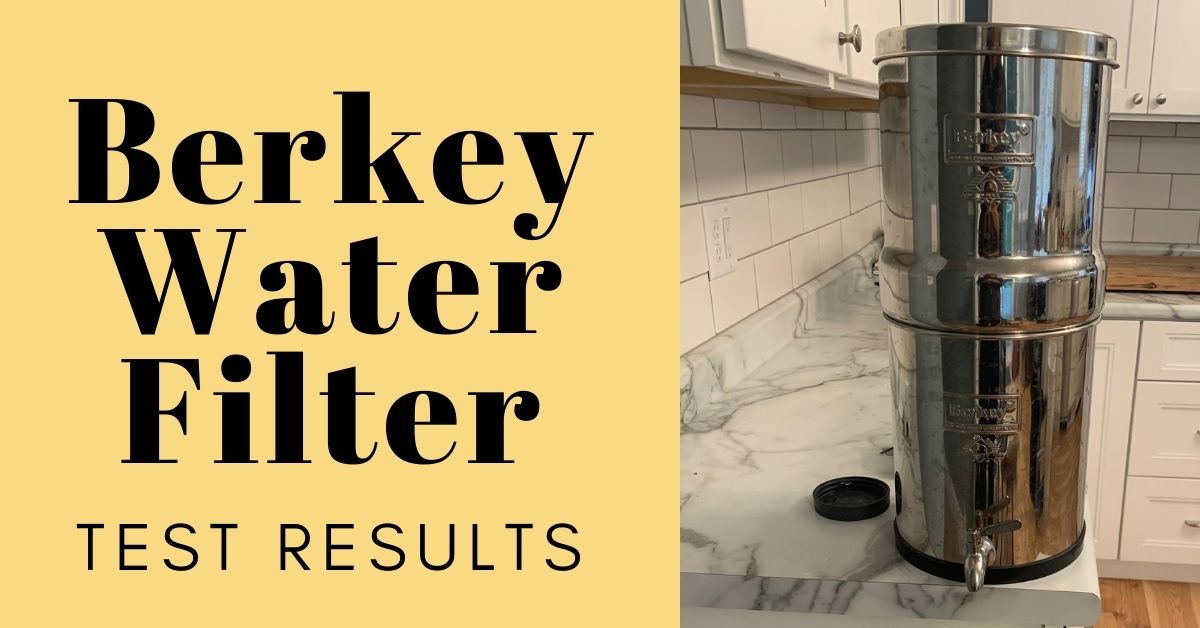
/cdn.vox-cdn.com/uploads/chorus_image/image/63879746/WaterFilter_2.0.jpg)
